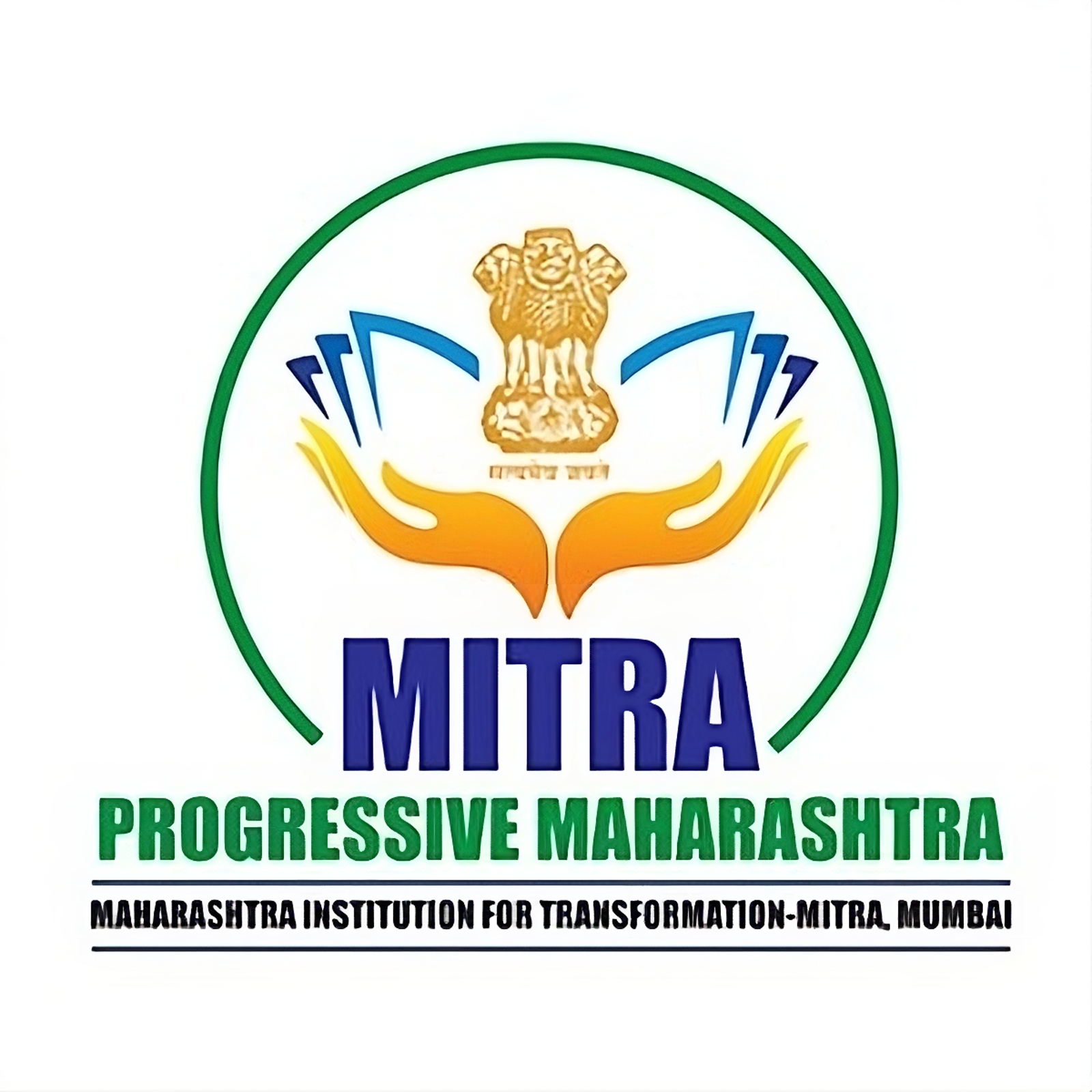Urbanization and Construction
Introduction- Urbanization and Construction in Maharashtra
Maharashtra, a leader in India’s economic development, has experienced significant urban growth, particularly in cities like Mumbai, Pune, and Nagpur. This urban expansion, driven by industrialization and employment opportunities, has attracted a substantial rural population to urban centers. While this has led to improved infrastructure, living standards, and access to education and healthcare, it also presents challenges such as housing shortages, public service strain, environmental concerns, and traffic congestion. The state government is actively addressing these issues through urban development projects like metro rail systems, smart city initiatives, and affordable housing schemes.
Key Opportunities and Focus areas
- Population Pressure: The rapid urbanization has led to a surge in city populations, stretching resources and infrastructure.
- Infrastructure Strain: Existing infrastructure is often insufficient for the burgeoning urban populace, causing congestion and inefficiencies.
- Affordable Housing: The high demand for housing in major cities has created a deficit in affordable housing options.
- Environmental Impact: Urban construction contributes to pollution and green space reduction.
- Waste Management: Managing the growing volume of urban waste is a significant challenge.
- Water Scarcity: Urban areas grapple with water shortages due to distribution issues and increased demand.
- Traffic Congestion: The rise in vehicles exacerbates traffic jams and pollution.
- Sustainable Development: Ensuring sustainable urban growth while preserving green spaces is crucial.
- Urban Poverty: The expansion of slums and informal settlements raises concerns about sanitation, poverty, and social welfare.
Future Roadmap & Output Oriented solutions
The roadmap for urbanization in Maharashtra emphasizes sustainable and inclusive growth:
- Infrastructure Development: Focus on enhancing and expanding roads, bridges, public transport, and utilities.
- Affordable Housing Initiatives: Prioritize housing solutions for low to middle-income groups through housing schemes and incentives.
- City Development: Implement modern technologies for efficient governance and public service management.
- Environmental Sustainability: Promote eco-friendly construction and preserve green spaces.
- Water Management: Enhance water supply systems and implement sustainable water resource management practices.
- Waste Management Solutions: Develop comprehensive waste management systems, including recycling and waste-to-energy initiatives.
- Effective Urban Planning:Enforce urban planning and zoning regulations for orderly urban growth.
- Skill Development in Construction: Provide training programs to improve construction quality and create job opportunities.
- Digital Connectivity Expansion: Upgrade digital infrastructure and promote technology use in urban governance.
- Community Engagement: Involve local communities in urban development decisions.
- Heritage Preservation:Maintain cultural heritage sites in urban areas.
- Disaster Resilience: Strengthen urban resilience against natural disasters.
MITRA Projects
MITRA, as an enabler, focuses on assessing and enhancing the efficacy of urban development projects:
- Nagarothhan Project Evaluation and Accelerating Completion: MITRA is evaluating the implementation of Nagarotthan projects, covering roads and sanitation, across the ULBs in Maharashtra. This includes a comprehensive survey to identify causes of delays and collaborating with implementing authorities to accelerate project completion.

